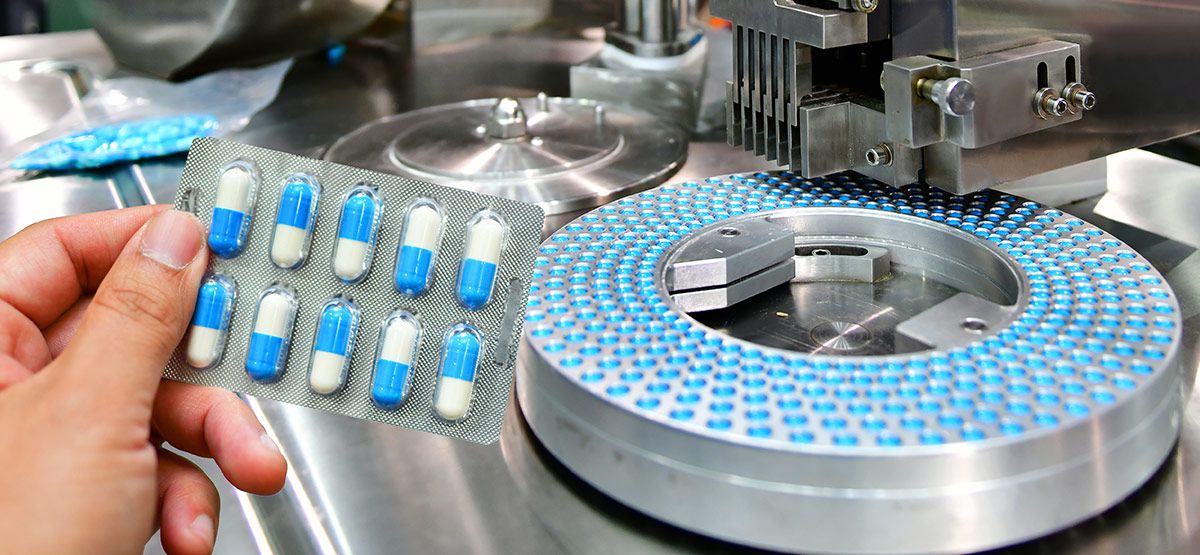
Clinical Trials through ‘Direct To Patient’ in COVID-19
The COVID-19 pandemic has taken a toll on the entire world affecting various sectors including the pharmaceutical industry. Unlike the other industries, the pharmaceutical industry has not come to a halt because of its need in such difficult times but some severe restrictions have been imposed. In the wake of this pandemic, some ongoing activities have been hampered and one such activity is the clinical trials that are already in process. As the borders of the countries have been sealed and opened from time to time and with the number of stakeholders associated in the process, maintaining the supplies has been difficult. This situation demands some strict measures that would help in easing out the ongoing clinical trial processes.
This situation has prevented most subjects from visiting the sites to collect the drug samples that lead to the dropout rate of subjects and has affected the recruitment rate as well. On the other hand, some have left the trials halfway. Moreover, the risk is higher when there is a need for multiple visits and financial prospects are affected when there is a stock overage. Taking these into consideration there aroused a scope for a special feature of IRT that is ‘Direct to Patients’ which has been discussed over years in the conferences. That if implemented in a situation like this, could give unthinkable results.
“Direct to Patient” (DtP) is the answer in which supplies can be directly sent to the subjects of clinical trials in a contactless manner. This would prevent them from coming to the sites, and at the same time would help in continuing the clinical trial in a smoothly manner and also there are chances to reduce the dropout rate in the studies as well. The implementation process of this feature might vary from country to country but once implemented, this can make the tracking and supply process easier.
IRT systems play a critical role in ensuring the right medication gets to the right patient at the right time. With the use of IRT it would be easier to track the shipments and arrange them on the basis of the kit status. Accompanying IRT with the digitalized supplies management systems would bring more sophisticated results in the implementation of this DtP which allows easy tracking of Supplies right from its package to the direct patients’ address to their acknowledgement of the supplies. The patient would be able to procure the kits and even return the unused or excess kits from their home on their next visit. Although IRT faces a number of challenges in the DtP supply process and these are related to cancellation of shipments, temperature adjustments necessary for the kits and even in the process of return and destruction of unused kits. Despite all these, IRT manages the entire procedure through the mitigation of these challenges.
The long term effects of COVID-19 might turn out to be severe and it might bring about many other changes in the pharmaceutical industry, clinical trial processes, and even in the management of supplies. Standing at this juncture, it is highly suggested that the implementation of such IRT systems with DtP enabled is prioritized. The individual technologies need to be re-evaluated to ensure that adopting this new design would be feasible. Now as the entire workforce is functioning remotely, adopting such advanced systems is a necessity to keep functioning amidst this situation.
Get the latest updates from DDi
Explore Topics
- Automation & AI (1)
- Clinical Automation (8)
- Consumer Health (1)
- IRT & Clinical Supplies (19)
- Labeling (16)
- Regulations (20)
- Regulatory Automation (14)
- Regulatory Biopharma (2)
- Regulatory Content Management (5)
- Regulatory Information Management (11)
- UDI (11)
- Writing (9)
Recent Blogs
 What is eIFU? A Complete Guide…Regulations
What is eIFU? A Complete Guide…Regulations Understanding FDA Regulations …Regulations
Understanding FDA Regulations …Regulations EU MDR IFU Compliance: What Me…Regulations
EU MDR IFU Compliance: What Me…Regulations
Previous Post
Next Post
Related Posts
CONNECT WITH US

Let's talk about how DDi can help you




